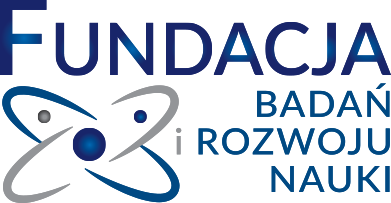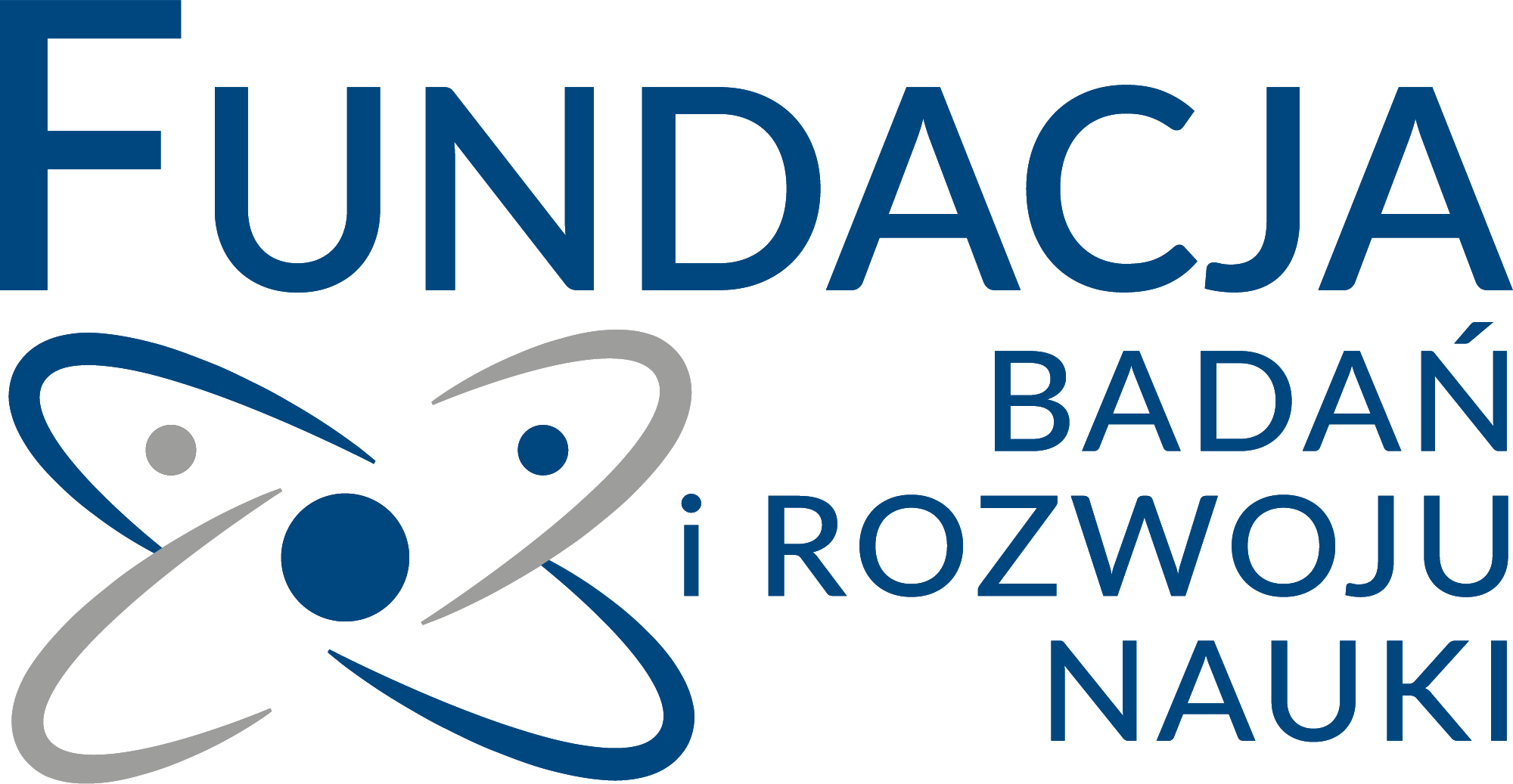Project funded by
Project „REPARATION OF BIOINKS FOR 3D BIOPRINTING BASED ON CHEMICALLY MODIFIEC PIG DECM, ENRICHED WITH RECOMBINED HYBRID PROTEIN, NANOMATERIALS AND SYNTHETIC POLIMERS.” funded by National Center for Research and Development in the framework of the programme „Modern materials technologies” TECHMATSTRATEG
R&D project coordinator
Michał Wszoła MD, PhD
Project funded by:
Time frame:
Project leader:
Consortium:
PREPARATION OF BIOINKS FOR 3D BIOPRINTING BASED ON CHEMICALLY MODIFIED PIG DECM, ENRICHED WITH RECOMBINED HYBRID PROTEIN, NANOMATERIALS AND SYNTHETIC POLIMERS.
The aim of the project is to prepare a package for bioinks modifications (i.a. production of recombined hybrid protein) based on decellularized extracellular matrix (dECM) of pig pancreas and meniscus, increasing effectiveness of 3D bioprinting and endurance of obtained print-outs.
Within realization of each project stage, there will be research conducted aiming at creation of ready product for commercialization in the area of biotechnology, nanomaterials engineering and physiology.
Products and technologies prepared during realization of the project will be patented. Project implementation will contribute to tightening of relations between consortium members both on the scientific as well as business level thus increasing innovative potential of Poland at the international niveau. Due to enormous problem connected with the lack of organs for transplantation for patients with type I diabetes and meniscus defects, realization of the project is of highest value in terms of social and economic benefits.
3D BIOPRINTING – FUTURE OF MEDICINE?
3D bioprinting has been widely applied within the last decade in regeneration medicine and biological sciences.
3D bioprinting is used in manufacturing of bone defects implants but it becomes more frequently applied during works connected with creation of functional organs such as pancreas, lungs, liver, heart or skin. Tissue engineering is also intensively used in basic biotechnological research when making cancer disease models and models for screening of compounds for medicines production. Depending on the type of printed object in 3D bioprinting, wide selection of materials, methods and cells can be used in order to obtain the desired tissue construction.
Bioinks used in 3D bioprinting demonstrate wide spectrum of bio-physical features such as printability, viscosity, degradation or networking that enable proper conditions to nest cells and facilitate their differentiation, proving at the same time lack of cytotoxicity.
MULTIDISCIPLINARY CONSORTIUM
In the framework of the project, multidisciplinary consortium with wide experience in creation of materials for bioprinting of bionic organs prototypes has been established.
Consortium comprises of centers specializing in 3D bioprinting: Foundation on Research and Science Development, which team led by dr hab. Michał Wszoła prepared technology for production of bioink based on decellularization of pig pancreas and printed prototype of bionic pancreas that is being currently developed by the team of professor dr hab. Jakub Rybka from the Center for Advanced Technologies of Adam Mickiewicz University specializing in bioprinting of meniscus with the use of bioink dECM from pig meniscus and mesenchymal stem cells.
Moreover, consortium will be joined by Warsaw Medical University. Professor Artur Kamiński – Director of Centre for Biostructure and his team of experts have extensive experience in analysis of toxicity of materials in animal models.
Polbionica Sp. z o.o. is a business partner of consortium and shall be responsible for execution of part of the research and commercialization of obtained results.




